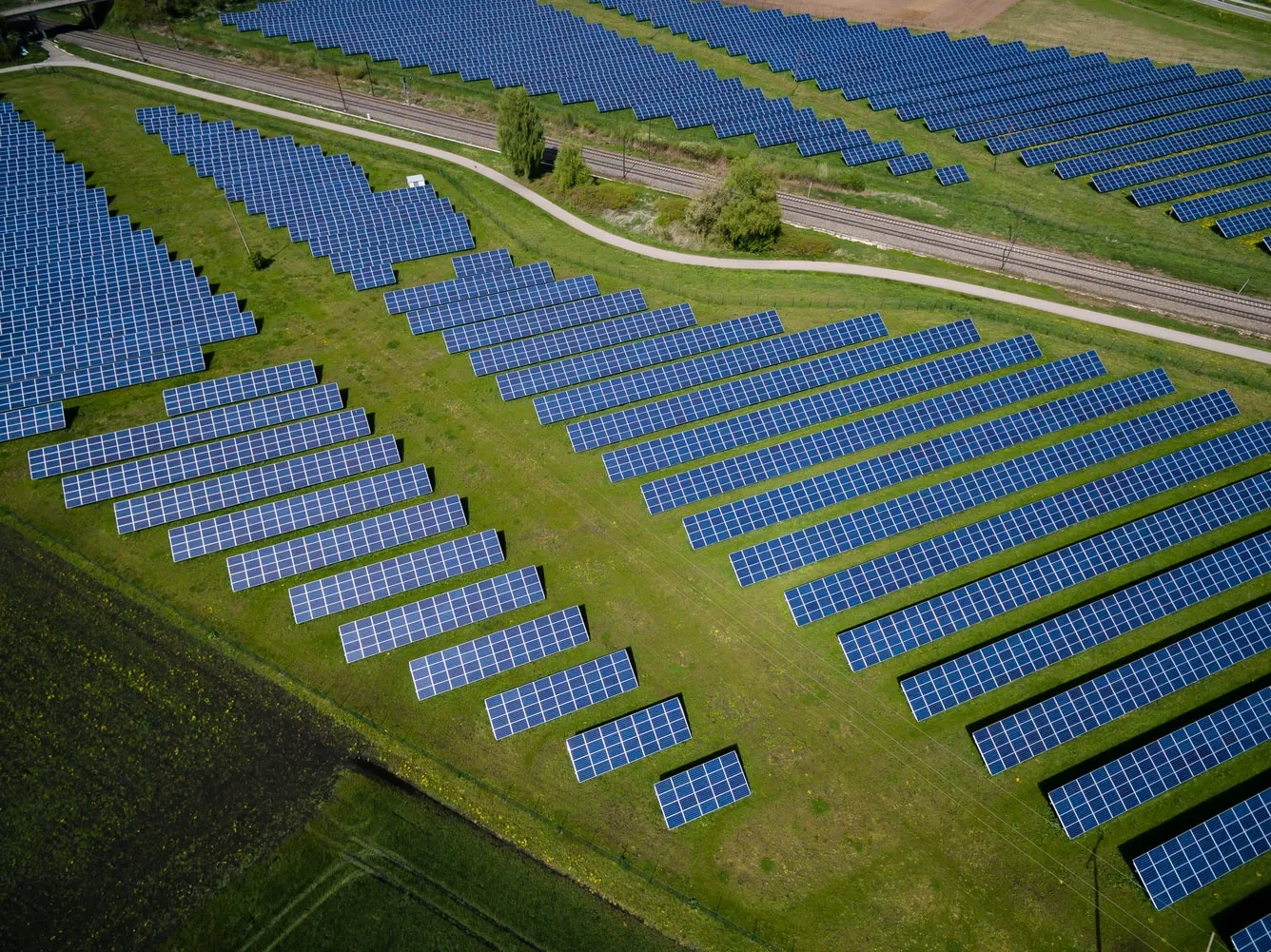The industrial sector across Europe needs to shift towards decarbonised heating to meet climate objectives. However, the shift to direct electrification, or indirect electrification through hydrogen or other forms of, is capital intensive when compared to cheap fossil technology currently in use.
In order to tackle this investment imbalance the German Government has proposed the introduction of Carbon Contracts for Difference (CCFD) with an initial budget of €50 billion. This investment trigger aims to make low-carbon industrial heating more competitive in the market, accelerating the transition to cleaner production technologies.
A CCFD is designed to bridge the cost gap between environmentally friendly production methods and cheaper, more polluting fossil fuels.
How do CCFD’s Work?
- Setting the Strike Price: Industrial users will submit a strike price, which represents the cost per ton of carbon emissions that would make their low-carbon production methods (such as green hydrogen) financially viable.
- Carbon Market Price Comparison:
- When the actual market price for carbon (currently €50/tonne in Ireland) is lower than the strike price, the government compensates the industrial user for the difference. This subsidy helps offset the higher costs of low-carbon production.
- Conversely, if the market price for carbon exceeds the strike price, the industrial user pays the excess amount back to the government. This ensures that companies only receive support when it’s necessary to bridge the cost gap.
- The German Government aims to set contract lengths to 15 years where over time more companies will be paying back to the state than receiving funding.
This aims to:
- Encourages Investment in Green Technologies: By providing financial certainty, CCFD reduces the risk associated with investing in new, clean technologies.
- Improve Market Competitiveness: Ensures that low-carbon production methods can compete with cheaper, high-emission fossil fuels.
- Reduce Environmental Impact: Helps reduce carbon emissions by promoting the adoption of greener technologies in industrial heating.
The CCFD measure will need to secure approval from the European Commission as part of Germany’s state aid proposal, with a decision expected in 2027. If approved, Germany’s CCFD could set a precedent for other countries seeking innovative ways to meet their climate goals.

